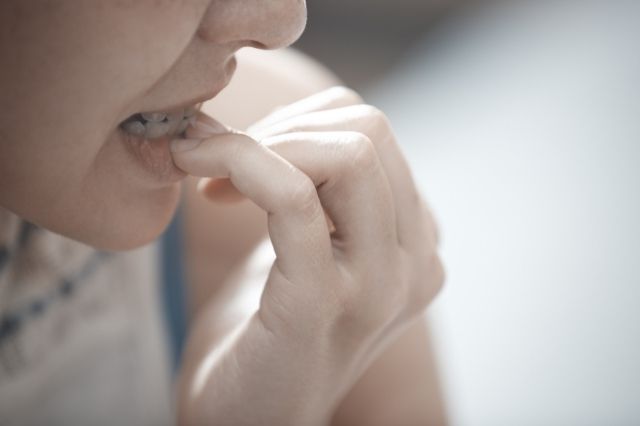Top 3 Worst Habits for Your Teeth and Their Solutions
What are the worst habits for your teeth? What are some solutions?
We all know that we’re supposed to brush our teeth twice a day for two minutes, floss once a day, and see the dentist every six months. But even following these guidelines doesn’t mean our teeth are invincible to problems. In fact, many of us are guilty of bad habits that can lead to tooth decay, gum disease, and other dental problems. Here are the top three worst habits for your teeth and how to break them.
1. Nail Biting
It is common for people to bite their nails when they are feeling anxious or stressed. Unfortunately, this bad habit can be very harmful to your teeth. Nail-biting can cause chips and cracks in your teeth, as well as unsightly wear and tear. It can also lead to gum disease and other oral health problems. “Placing your jaw for long periods of time in a protruding position can place pressure on it, which is associated with jaw disfunction,” says Dr. Ruchi Sahota of the American Dental Association (ADA).
Solutions from the ADA:
• bitter-tasting nail polishes
• stress reduction
• setting small, realistic goals
• hold something to keep your fingers busy
2. Teeth Grinding
Almost everyone grinds their teeth occasionally. For most people, it’s a more or less unconscious act that they do during times of stress. However, for some people, grinding can become a persistent and damaging habit. Teeth grinding, also known as bruxism, is a type of oral parafunctional activity – an unconscious act done outside of normal chewing activities. It occurs when the muscles around the jaw contract and cause the teeth to grind together.
Solutions from the ADA:
“Relaxation exercises and staying aware make a difference,” Dr. Messina says. A nighttime mouthguard can also help. “You’ll have less tooth damage, less pain and muscle soreness, and better sleep.”
2. Brushing Too Hard
If you brush your teeth too hard, you could be doing more harm than good. Brushing too hard can wear down your tooth enamel, causing your teeth to become sensitive to hot and cold temperatures, and can also lead to cavities. To avoid brushing your teeth too hard, use a light touch and aim the bristles of the toothbrush at a 45-degree angle towards the gum line.
Solutions from the ADA:
Use a soft toothbrush with the ADA Seal of Acceptance at the proper pressure. “Don’t think ‘scrub.’ Think ‘massage,’” Dr. Messina says. “Save the hard toothbrush for cleaning the grout in the bathroom tile.”
Conclusion
These habits can cause serious orthodontic issues later on. You wouldn’t want to prolong any treatment you may need. No matter the case, our team is here to help. Simply schedule a free consultation with our team of professionals and we’ll get you started.





